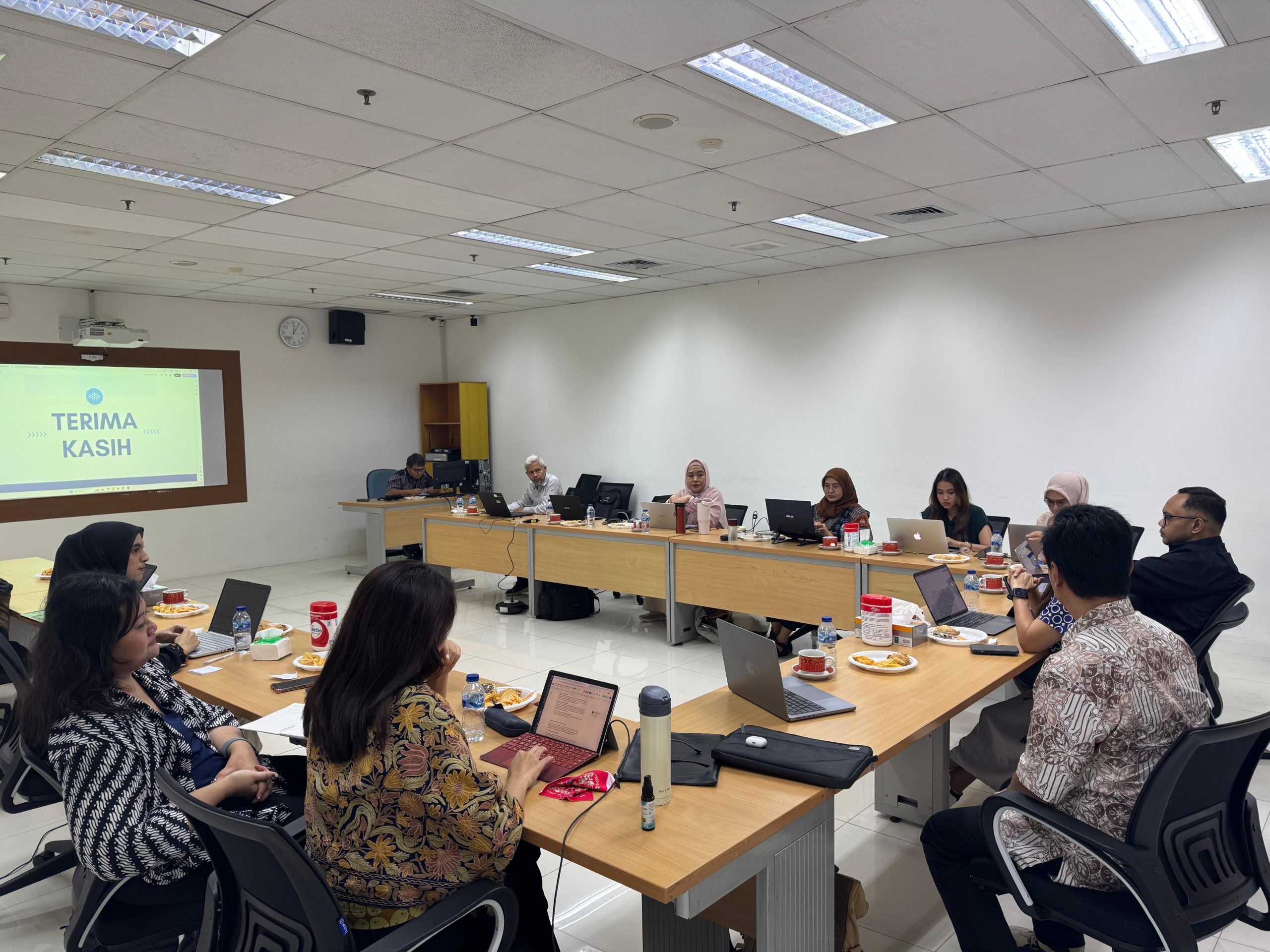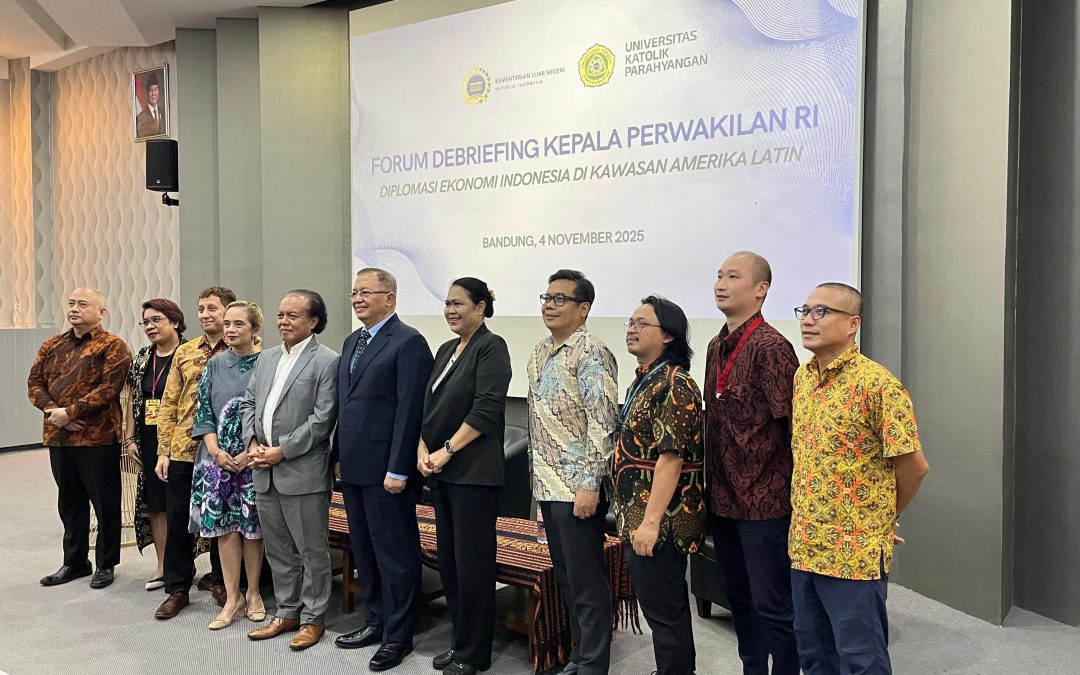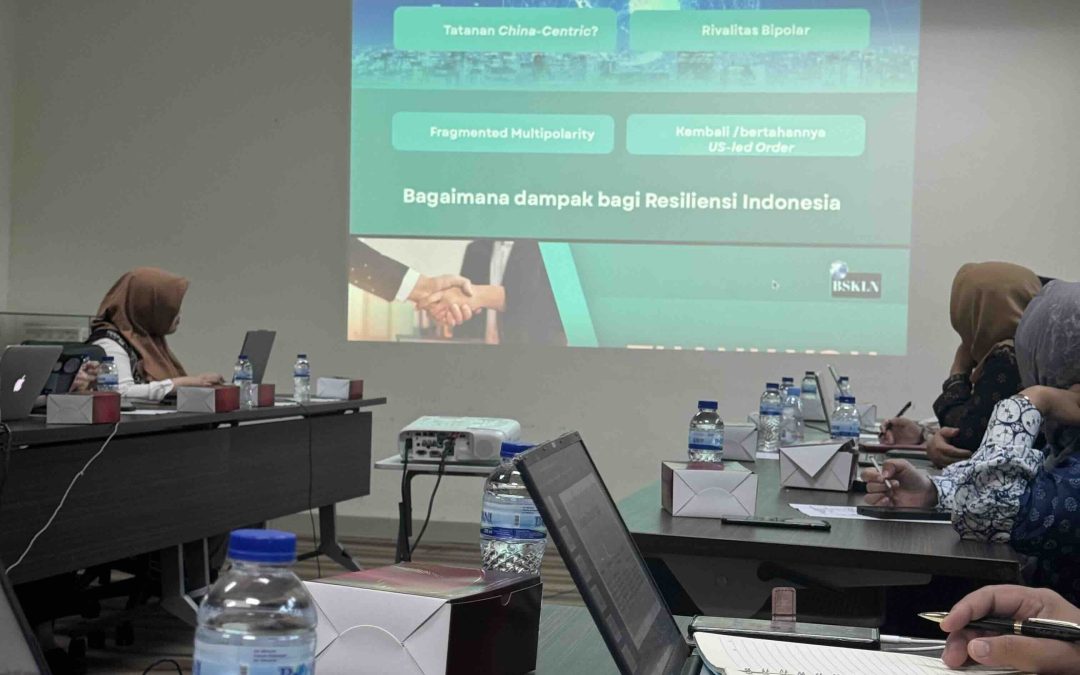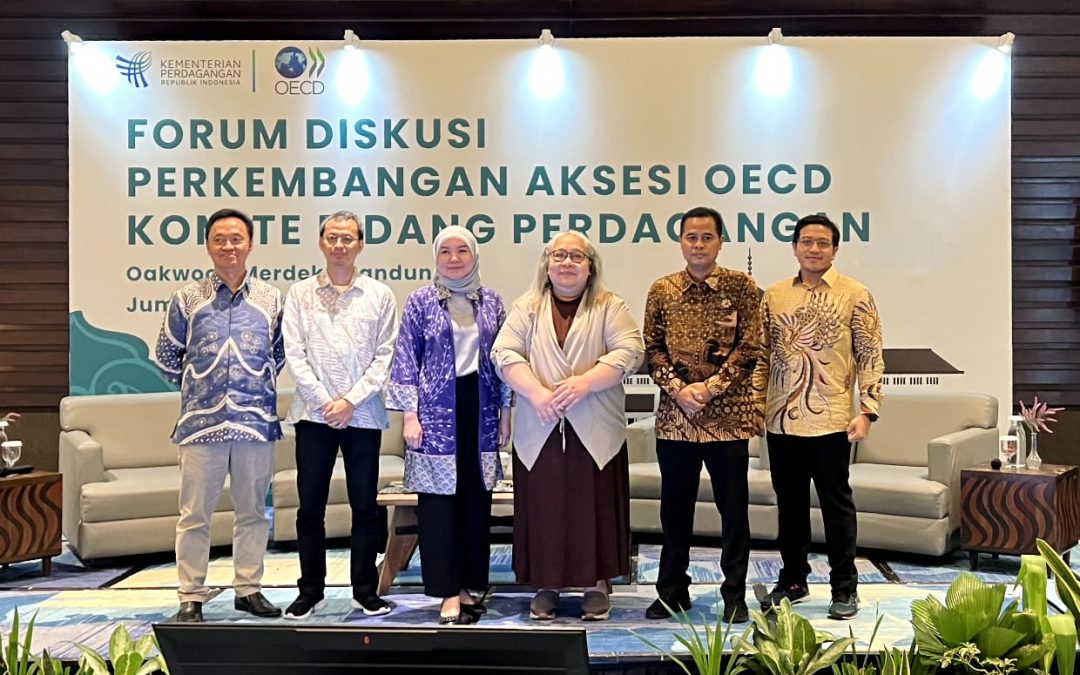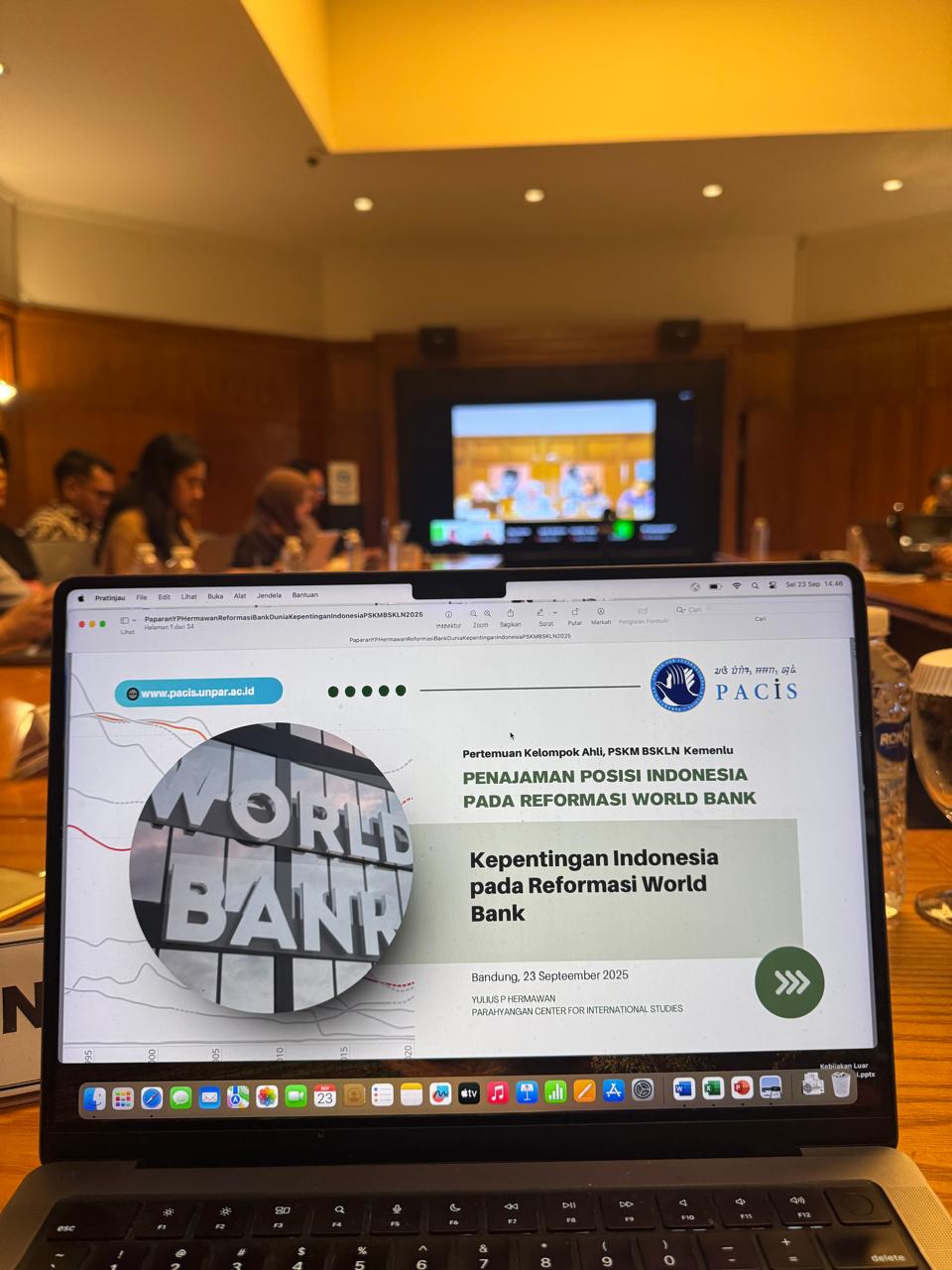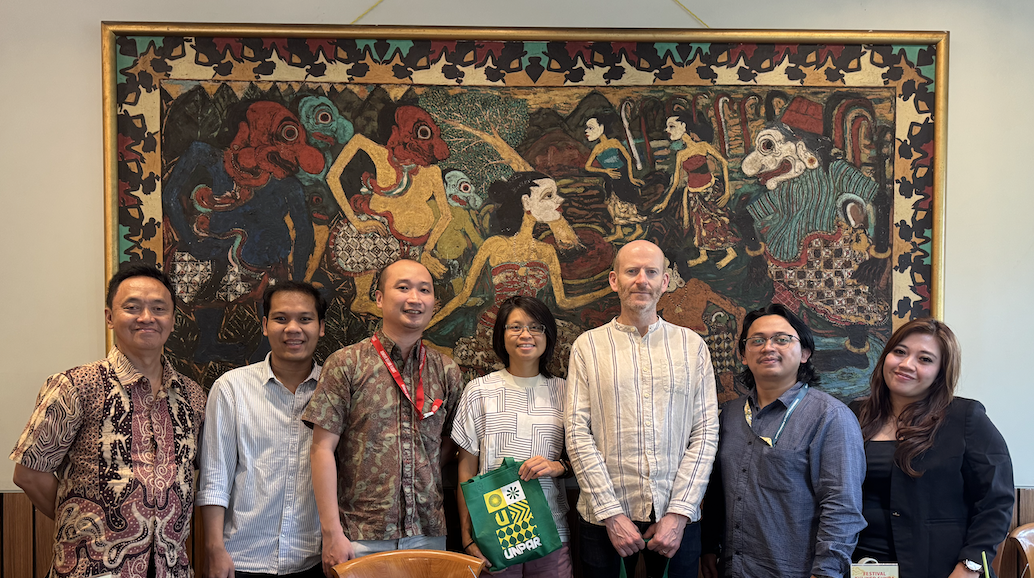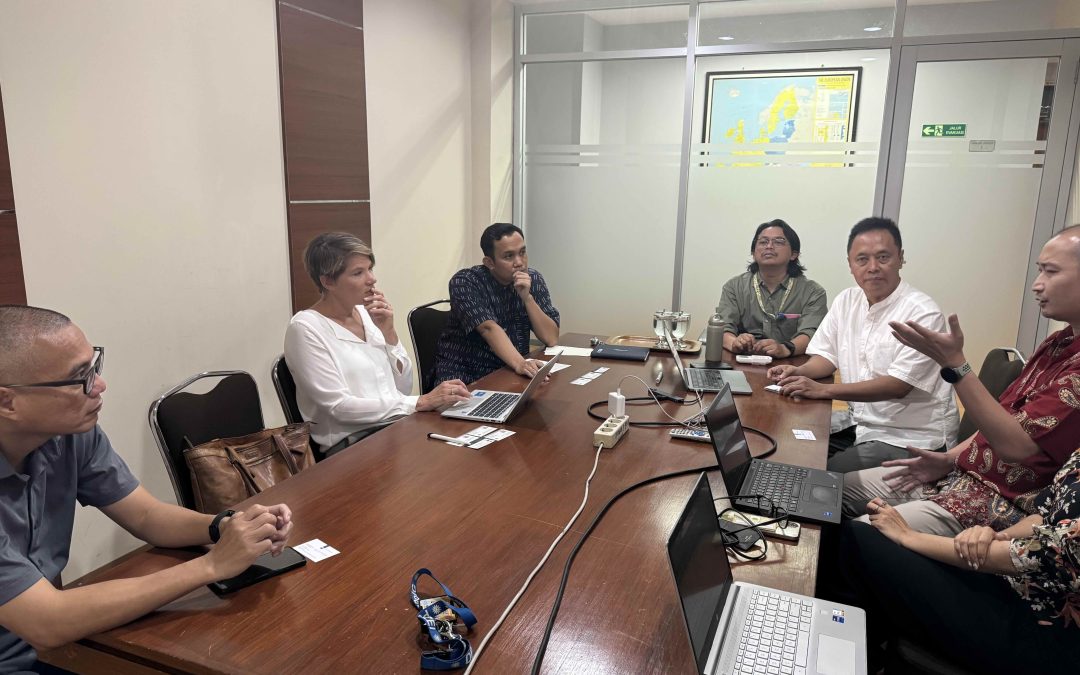On July 22, 2025, the Ministry of State Secretariat, in collaboration with the Parahyangan Center for International Studies (PACIS) at Parahyangan Catholic University (UNPAR), convened a Focus Group Discussion (FGD) as part of the continued development of the Grand Design for Competency Development and Training Curriculum for the Functional Position of Cooperation Analysts (JF AKS). This FGD is a strategic initiative under the ongoing partnership between the Cooperation Analyst Training Center (Pusbin AKS) and PACIS, aimed at formulating a comprehensive competency framework aligned with the vision of Indonesia Emas 2045.
The discussion brought together a range of stakeholders, including representatives from the Ministry of State Secretariat, the Civil Service Training Center (PPKASN), and the National Civil Service Agency (BKN). The forum focused on aligning the competency framework for the JF AKS with key dimensions—technical, managerial, and socio-cultural—in the context of curriculum development and the reinforcement of institutional regulations.
Key issues addressed during the FGD included the professional profile of the JF AKS position, foundational competencies required across all levels, and specific technical competencies relevant to the role. In addition, the discussion explored supporting components such as the Logical Framework (LogFrame), Roadmap, and SWOT Analysis as foundational tools in the competency design process.
From a regulatory perspective, recent updates to national civil service policy—namely Law No. 20 of 2023 and Minister of Administrative and Bureaucratic Reform Regulation (PermenPANRB) No. 1 of 2023—provide an opportunity to enhance the institutional legitimacy and strategic positioning of the JF AKS role within the state apparatus.
To ensure the effectiveness and accountability of the competency development initiative, a Monitoring and Evaluation (M&E) system has been designed, incorporating both annual and periodic assessments. This system evaluates not only curriculum implementation but also captures participant feedback, facilitator preparedness, infrastructure adequacy (both online and offline), and the overall effectiveness of the training program. The application of the CIPP (Context, Input, Process, Product) model and the LogFrame approach is recommended as strategic frameworks for evaluating the implementation of the grand design.
At the meeting, the PACIS team present included Yulius P Hermawan as PACIS Chair, Ratih Indraswari as Research Team Chair, and Meyta Saraswaty Putri, as well as Nazwa and Roybafihi as research assistants.

